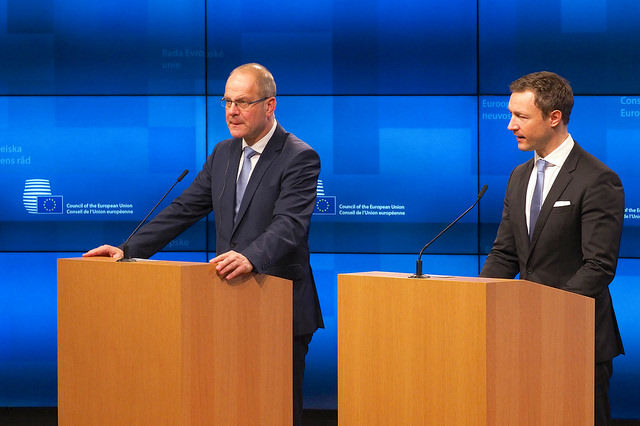European ministers call for increased investment to language learning and more accessible early childhood education
Published:
On 22-23 May 2019, European Ministers gathered in Brussels for the Education, Youth, Culture and Sports Council meeting.
The ministers debated on discussion paper prepared by the a Romanian Presidency entitled ‘Building the future of Europe: the contribution of education and training to strengthening social cohesion’ and they adopted, among others the following policy documents on education:
- a Council recommendation on a comprehensive approach to the teaching and learning of languages;
- a Council recommendation on High-Quality Early Childhood Education and Care Systems;
- and Council conclusions on the implementation of the Council Recommendation upskilling pathways: new opportunities for adults.
In these documents the ministers laid down that Members States should invest more in the teaching of foreign languages and improve the accessibility and quality of their early childhood education and care systems. They also reflected on concrete further steps in the development of the European Education Area by 2025, with particular emphasis on strengthening social cohesion. In addition, upcoming events and activities were announced, namely the WorldSkills Competition, which is to be held in Lyon 2023, the forthcoming 2nd Education Summit in Brussels in September 2019, and two Commission-funded projects, which are to deal with the topic of combatting antisemitism through education.
In agreement with the Education Council, ETUCE emphasises that additional investment is urgently required for the provision of high quality and publicly-funded language learning and maintains that learning languages should be considered a right for all European citizens. Likewise, ETUCE stresses that free high-quality early childhood education and care ought to be considered a universal right, and be equally accessible for those living in both urban and rural areas, and should be implemented in line with the European Pillar for Social Rights. However, ETUCE regrets the lack of involvement of the education sector social partners in the development of the European Education Area and would like to see stronger input from their part in implementing this policy initiative of the European Commission.
You can enjoy further reading of ETUCE’s views on the issues mentioned in this article, by clicking on the link below: